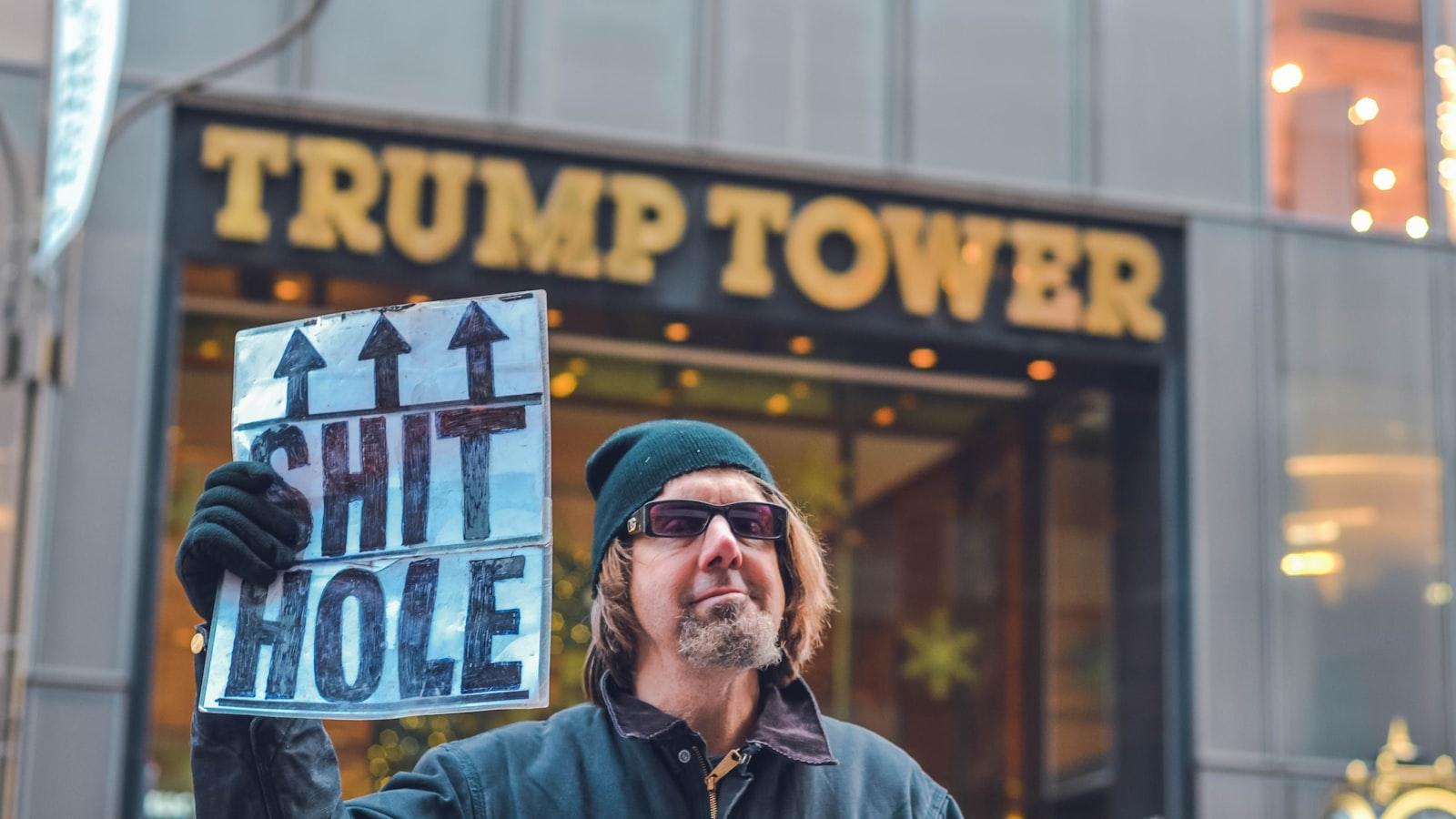Recent Supreme Court Ruling on Social Media Blocking by Government Officials
The Supreme Court’s recent decision on the blocking of individuals on social media by government officials has brought clarity to a contentious issue. This ruling holds significant implications for the protection of free speech in the digital age.
Understanding the Supreme Court’s Decision
In a groundbreaking case, the Supreme Court established that government officials cannot block individuals on social media based on their viewpoints. This ruling emphasizes the importance of upholding individuals’ First Amendment rights, even in the online realm. Government officials are now mandated to keep their social media accounts open to all viewpoints, regardless of whether they align with their own opinions.
Implications for Government Officials
This decision serves as a reminder to government officials that they must tread carefully when interacting with constituents on social media. Blocking individuals based on their viewpoints can now be deemed as a violation of their First Amendment rights. Government officials are required to approach social media engagement with the intention of fostering open dialogue and respecting diverse perspectives.
Protecting Free Speech Online
The Supreme Court’s ruling underscores the importance of safeguarding free speech in the digital age. Social media has become a crucial platform for individuals to express their opinions and engage in public discussions. By prohibiting government officials from blocking individuals based on their viewpoints, the Supreme Court is preserving the fundamental principles of free speech and ensuring that all voices can be heard.
Moving Forward
As we navigate the complexities of social media and government interaction, it is essential for officials to uphold the principles of free speech and open dialogue. By adhering to the guidelines established by the Supreme Court, government officials can create a more inclusive and democratic online environment. It is imperative for officials to embrace diverse viewpoints and engage with constituents in a respectful and transparent manner.
The Intersection of Social Media and Government: Recent Supreme Court Ruling
Social media has increasingly become a critical form of communication for government officials and public figures. However, it has also sparked controversy and legal questions, particularly regarding when officials can be sued for their online activities.
Supreme Court Ruling on Social Media Use
The recent Supreme Court ruling has shed light on the circumstances under which government officials can be held accountable for their social media use. According to the court, public officials can face legal action for their online conduct if they use their platform to conduct official business or make statements related to their official duties.
Key Points of the Ruling:
- Government officials can be sued for their social media use if they are acting in their official capacity.
- Statements made by public officials on social media can be considered official statements.
- The ruling does not prohibit public officials from using social media but establishes guidelines for their online behavior.
Implications for Public Figures
This ruling has far-reaching implications for public figures who utilize social media as a means of communication. It serves as a reminder that even in the digital realm, public officials are held to a certain standard of behavior and accountability. With the expanded visibility and reach of social media, officials must exercise caution in their online interactions to avoid legal repercussions.
Best Practices and Cautionary Tales
While social media can be a powerful tool for public officials to engage with their constituents, it is crucial for them to exercise discretion when using these platforms. Some tips to ensure responsible social media use include separating personal and official accounts, considering the potential ramifications of their statements, and being mindful of privacy settings.
Case Studies and Firsthand Experiences
Several high-profile cases have underscored the potential legal implications of social media use by public officials. These cases serve as cautionary tales for those in positions of power. Public officials who have navigated the realm of social media understand the challenges and complexities of balancing authenticity with professionalism.
The Future of Social Media Use by Officials
As social media continues to play a prominent role in communication, the Supreme Court’s ruling sets a precedent for how public officials should conduct themselves online. By understanding the legal implications of their social media use, officials can engage with their audience in a responsible and transparent manner.
the recent Supreme Court ruling on social media blocking by government officials emphasizes the importance of protecting free speech online and ensuring a democratic and inclusive society. It underscores the legal boundaries of online conduct for officials and serves as a reminder of the importance of accountability in the digital age.




